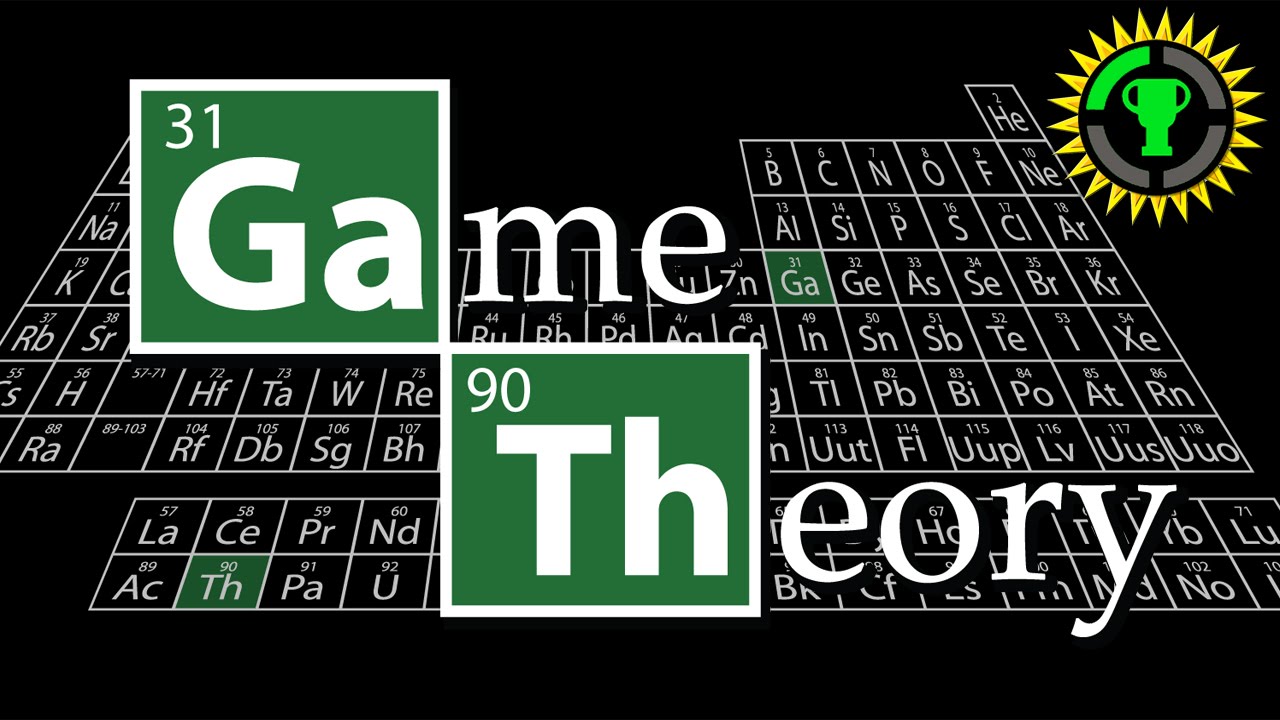What is 'Game Theory'
BREAKING DOWN 'Game Theory'
The focus of game theory is the game, which serves as a model of an interactive situation among rational players. The key to game theory is that one player's payoff is contingent on the strategy implemented by the other player. The game identifies the players' identities, preferences, and available strategies and how these strategies affect the outcome. Depending on the model, various other requirements or assumptions may be necessary.
Game theory has a wide range of applications, including psychology, evolutionary biology, war, politics, economics, and business. Despite its many advances, game theory is still a young and developing science.
Impact on Economics and Business
Game theory brought about a revolution in economics by addressing crucial problems in prior mathematical economic models. For instance, neoclassical economics struggled to understand entrepreneurial anticipation and could not handle imperfect competition. Game theory turned attention away from steady-state equilibrium toward the market process.
In business, game theory is beneficial for modeling competing behaviors between economic agents. Businesses often have several strategic choices that affect their ability to realize economic gain. For example, businesses may face dilemmas such as whether to retire existing products or develop new ones, lower prices relative to the competition, or employ new marketing strategies. Economists often use game theory to understand oligopoly firm behavior. It helps to predict likely outcomes when firms engage in certain behaviors, such as price-fixing and collusion.
Types of Game Theory
Although there are many types (e.g. symmetric/asymmetric, simultaneous/sequential, et al.) of game theories, cooperative and non-cooperative game theories are the most common.
*Cooperative game theory deals with how coalitions, or cooperative groups, interact when only the payoffs are known. It is a game between coalitions of players rather than between individuals, and it questions how groups form and how they allocate the payoff among players.
*Non-cooperative game theory deals with how rational economic agents deal with each other to achieve their own goals. The most common non-cooperative game is the strategic game, in which only the available strategies and the outcomes that result from a combination of choices are listed. A simplistic example of a real-world non-cooperative game is Rock-Paper-Scissors.

Game theory is a framework for hypothetical social situations among competing players.
In some respects, game theory is the science of strategy, or at least the optimal decision-making of independent and competing actors in a strategic setting. The key pioneers of game theory were mathematicians John von Neumann and John Nash, as well as economist Oskar Morgen stern.
The focus of game theory is the game, which serves as a model of an interactive situation among rational players. The key to game theory is that one player's payoff is contingent on the strategy implemented by the other player. The game identifies the players' identities, preferences, and available strategies and how these strategies affect the outcome. Depending on the model, various other requirements or assumptions may be necessary.
Game theory has a wide range of applications, including psychology, evolutionary biology, war, politics, economics, and business. Despite its many advances, game theory is still a young and developing science.
Impact on Economics and Business
Game theory brought about a revolution in economics by addressing crucial problems in prior mathematical economic models. For instance, neoclassical economics struggled to understand entrepreneurial anticipation and could not handle imperfect competition. Game theory turned attention away from steady-state equilibrium toward the market process.
In business, game theory is beneficial for modeling competing behaviors between economic agents. Businesses often have several strategic choices that affect their ability to realize economic gain. For example, businesses may face dilemmas such as whether to retire existing products or develop new ones, lower prices relative to the competition, or employ new marketing strategies. Economists often use game theory to understand oligopoly firm behavior. It helps to predict likely outcomes when firms engage in certain behaviors, such as price-fixing and collusion.
Types of Game Theory
Although there are many types (e.g. symmetric/asymmetric, simultaneous/sequential, et al.) of game theories, cooperative and non-cooperative game theories are the most common.
*Cooperative game theory deals with how coalitions, or cooperative groups, interact when only the payoffs are known. It is a game between coalitions of players rather than between individuals, and it questions how groups form and how they allocate the payoff among players.
*Non-cooperative game theory deals with how rational economic agents deal with each other to achieve their own goals. The most common non-cooperative game is the strategic game, in which only the available strategies and the outcomes that result from a combination of choices are listed. A simplistic example of a real-world non-cooperative game is Rock-Paper-Scissors.

Comments
Post a Comment
Jarring comments...